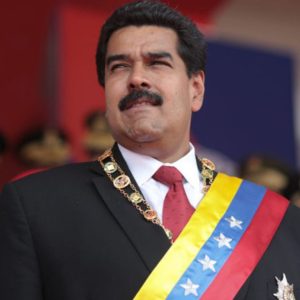
The Supreme Court of Equatorial Guinea has acquitted Baltasar “Bello” Ebang Engonga, a prominent government official and great-nephew of President Teodoro Obiang Nguema Mbasogo, of all charges leveled against him. The Court ruled that the case against Engonga lacked credible evidence and dismissed all allegations.
Central to the case were about 400 compromising videos of Engonga that surfaced online, drawing international attention. The Court clarified that all participants in the videos were consenting adults, and medical evidence confirmed that Engonga did not transmit any sexually transmitted diseases to those involved.
Engonga expressed relief at the verdict, stating, “This has been an incredibly challenging time for me and my family. These baseless accusations have caused emotional distress, especially to my wife and loved ones. Justice has finally prevailed.”
In a surprising twist, several married men, whose wives appeared in the leaked videos, expressed gratitude to Engonga. Some claimed the exposure revealed hidden aspects of their marriages, prompting them to seek divorce.
Engonga announced his intention to pursue legal action against those responsible for leaking the videos. “The release of these private materials is a blatant violation of my privacy. I will ensure that those responsible are held accountable,” he declared.
This case has sparked conversations about privacy, consent, and the dangers of sharing intimate content in the digital age.
Engonga, a former head of the National Financial Investigation Agency, was initially arrested on October 25, 2024, on allegations of embezzlement and stashing state funds in offshore accounts—a charge he has not addressed publicly. Following his arrest, authorities seized his phones and computers, and the intimate videos began appearing online.
Detained in the infamous Black Beach prison in Malabo—known for its harsh treatment of detainees—Engonga’s case became a focal point of both national and international attention.
The Court’s decision not only clears his name but also raises important questions about the handling of evidence, digital accountability, and the ethics of public exposure in high-profile cases.



